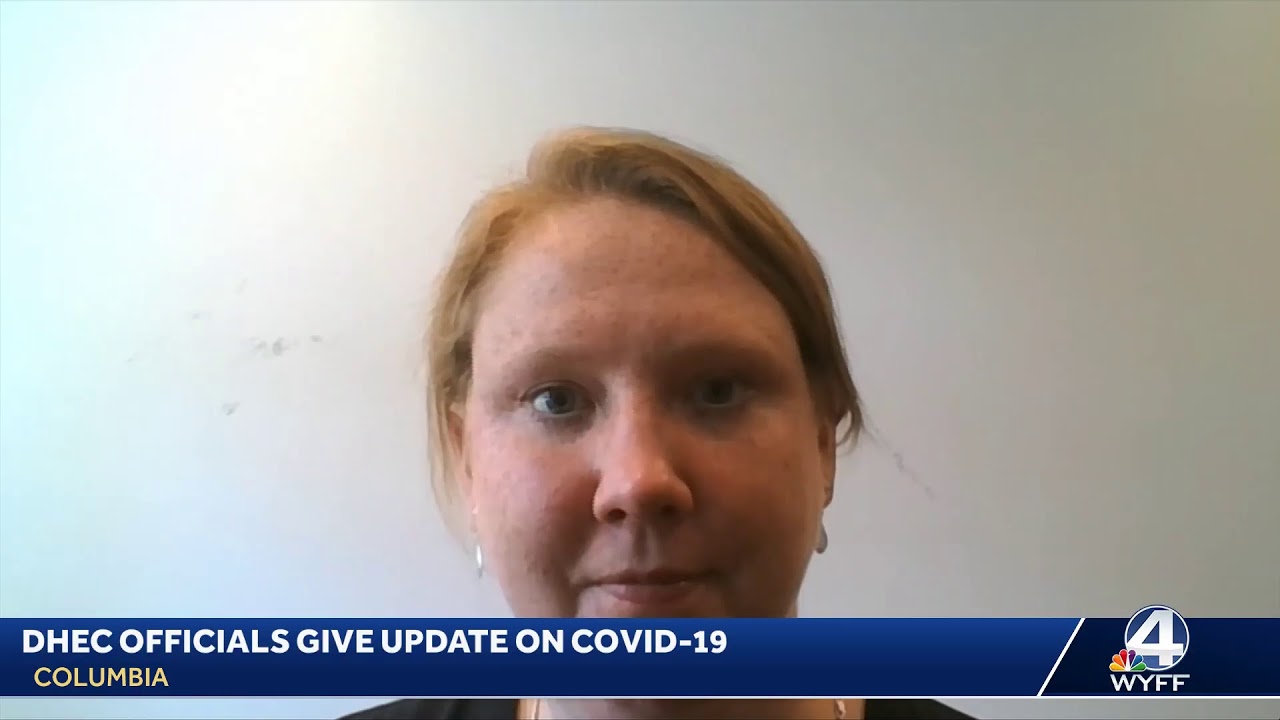Nestled between the two metropolitan areas of Atlanta, Georgia, and Charlotte, North Carolina, it seems that Greenville was destined to benefit from the two large cities. As both of those cities grew, so did Greenville. The location has provided Greenville with prime territory to house some impressive businesses. Those businesses have brought in billions of dollars to the Upstate — and as banks have followed the money, the financial institutions have thrived.
Growth in the banking sector means that Greenville is attracting not just new or additional bank branches, but the whole banking industry, said Mark Farris, CEO of the Greenville Area Development Corporation. After a career spent in Charlotte’s banking industry, Farris says he’s seeing the same evolution in Greenville.
The keyword is “growth,” says Farris, and with “new people, new companies, new investments, new jobs, that kind of opportunity means a lot to the banking industry.”

Banks move when business moves
Large and small businesses help make the banking industry what it is in the Upstate.
“It’s an enormously popular market for a number of reasons,” said Cal Hurst, chief banking officer of Southern First Bank. “Greenville has a very consistent and a very involved and a growing business base in it.”
Businesses in Greenville are great in their respective industry, says Hurst. Thanks to the Inland Port, BMW, Michelin, GE and others, these companies have made a huge impact. Add in a growing population, and the area looks good for banks of any size.
“At this point, it’s undeniable that Greenville is … a great place to do business. And that goes for banks, just as it does for other companies who do any number of things here,” he said.
 According to GrandSouth’s president, J.B. Schwiers, the city’s banking industry is robust thanks to those businesses. South Carolina’s pro-business approach works, and there’s a low unionization percentage. Businesses are strategic. In the game they play, they want low risk, he said.
According to GrandSouth’s president, J.B. Schwiers, the city’s banking industry is robust thanks to those businesses. South Carolina’s pro-business approach works, and there’s a low unionization percentage. Businesses are strategic. In the game they play, they want low risk, he said.
Greenville, according to bankers, seems to be able to supply that.
“We’ve got a good mix here of community banks and larger regional banks. You know, it’s a wonderful business climate here; our economy is strong. And I think the banking climate in the Upstate is very healthy,” Schwiers said.
Like many businesses, it has been an unusual year for banks. There’s the pandemic, the election and historically low interest rates. Regardless, Schwiers said, most banks are faring well.

New players stepping onto the board
The growth in banking in the Upstate hasn’t just been in those with a history in Greenville. Other, national banks are now entering the market. That includes JPMorgan Chase, which announced its branch expansion into South Carolina in 2019. By the end of 2020, the bank will have two branches and two additional offsite ATMs in Greenville, according to Allison Reed, Chase’s Southeast regional spokesperson.
Across the state, Chase employs approximatley 100 people working with 22,000 businesses and over 600,000 customers in the state. The bank has also begun its community engagement through a donation of over $100,000 to local organizations working on COVID-19 relief.
In August, the city of Greenville’s community development administrator, Ginny Stroud, left her post with the city to join United Bank of West Virginia as it extends its reach in the Greenville area.
Quickly adapting to a changing game
Banks have focused their attention on maintaining relationships with clients. It’s how the banks compete, they say. In fact, Schwiers said, “Banking is all about relationships.”
In such a competitive market, building trust with customers is vital for these banks to remain successful. For example, Schwiers said that during the Small Business Administration’s Payroll Protection Program earlier this year, there were many businesses left unsatisfied due to not getting the loan. That dissatisfaction allowed GrandSouth and other banks to bring more companies on as customers while working with them to get the loans they needed to sustain their business.
Another key to banking success is diversity in the businesses banks work with, according to Michelle Seaver, president of Greenville County for United Community Bank. “We want to make sure that we don’t have too much of a concentration by type of business. We’ve just seen that that’s how we can be in banking for the long haul, so to speak.”
“I think it’s an attractive community to live in. And it’s easier than other communities to actually attract talent.” -Michelle Seaver, president, United Community Bank, Greenville County
Banks have also had to make adjustments to their game strategy. Take online banking, for example. Thanks to the pandemic, more customers are needing reliable online banking due to people not wanting to go out as much and protocols businesses have put in place to protect customers from the coronavirus. Banks must be able to deliver.
“United put a pretty good investment over the last several years into our online blink banking platform capabilities. And it really has been a good thing for us, because we needed it over the last several months as the banking dynamic changed,” said Seaver.

The people make a difference
Greenville’s banks have also attributed their success to the talent in Greenville. With an abundance of universities around, it’s not hard to understand why.
“I think it’s an attractive community to live in. And it’s easier than other communities to actually attract talent,” said Seaver, noting that United Community Bank has won several “Best Place to Work” awards. “The banking industry is quite competitive — not only competitive for customers, but also for the great talent that we all search [for].”
For Hurst at Southern First, the right banking employees are important to finding success. “Ultimately, we believe that if we have the right bankers, and we certainly think that we do, and if we’re in the right markets, and Greenville is a great example of that, then the third factor is timing. And timing takes care of itself,” he said.
Banks just can’t be a run-of-the-mill business.
“There’s so many banks here, and so you got lots of competition. You just can’t afford to be average,” said Schwiers. “Because if you are average, you won’t go very far.”
The post Upstate banks play a game of strategy and opportunity to offer services to the region appeared first on UPSTATE BUSINESS JOURNAL.










